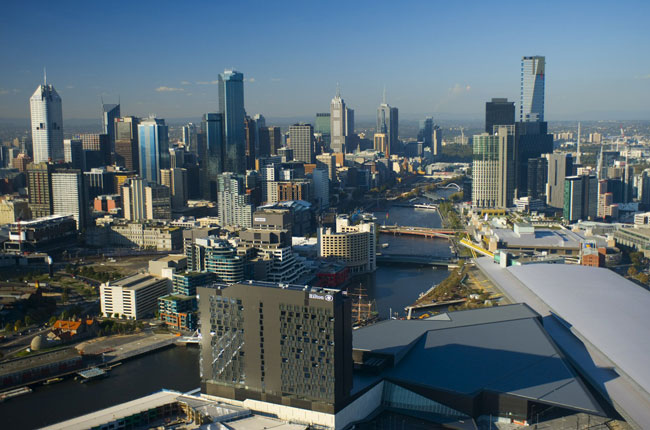“When is the government going to build a startup hub in the Hills District?” Asked one of the audience following the Meeting The Future Head-on panel.
The question was directed at Karen Borg, the head of Jobs for New South Wales, whose marquee program is the establishment of a startup hub in central Sydney.
It’s not an unexpected question, placing a taxpayer funded project in the heart of the city risks raising the ire of suburban and regional voters who perceive the less advantaged areas being neglected while the rich are favoured.
The limits of government
Of those areas in Sydney and New South Wales, the Hills District is far from the poorest or disadvantaged at all so the question is how can an affluent community establish itself as an digital, or industry, hub.
It’s likely the government won’t have much influence in what areas will become hubs, Silicon Valley’s success was largely an unintended by-product of massive cold war and space race spending while most other regions have been more due to the accessibility of suitable skills, raw materials and transport links.
So the obvious answer to the question was ‘don’t wait for government’. Which leads to asking what can communities do when they want to create a digital community.
Understand what you have
The first step is to identify the strengths your community has. Which business are doing well and what does the region have in the way of education, major industries, logistics and communications?
It’s hard, if not impossible, to build an industrial centre from scratch – and rather pointless if no-0ne in your community doesn’t have the skills or inclination – so knowing what you have is essential.
Having mapped out the landscape and understood where your community’s strengths lie it’s time to start talking.
Get everyone talking
Once you understand who are the leaders, who has the skills and who has the capital in your community, it’s time to get them talking.
A key lesson in setting up the Digital Sydney initiative was that many of the groups didn’t know of the others’ existence so one of the key aims of the project was to let the industry find out about each other.
Stimulating the growth of local networks is probably the easiest things a community can do to build a local industry hub.
Find a focal point
Having a place to get together helps build that community, this is where local governments and chambers of commerce can come into play.
Bringing the broader business community into the conversation has the benefit of widening the base and getting local services companies – the web designers, accountants, lawyers, etc – into the emerging sector which in turn grows the ecosystem.
That focal point doesn’t have to be a massive startup or innovation hub like the Jobs for NSW project, it could be a regular event like a coffee morning, Friday drinks or a business drop in centre.
Engage the stakeholders
While governments can’t create these ecosystems, they can help. How San Francisco attracted the tech community into the city from Silicon Valley and London’s support of Silicon Roundabout are good examples.
London’s startup renaissance is an interesting case study in itself with many attributing Google’s Campus as being the catalyst for the sector’s growth.
At a local level providing an environment for collaboration and starting businesses – such as rate relief, space for events or resource centres – can help while at the the state and national level education and long term industry policies will help.
The corporate and academic sectors are important too, both with investment, skills development and supporting growth sectors.
Don’t wait for government
By definition governments are risk averse, which is not a bad thing as they are spending taxpayers’ funds, which means they are unlikely to lead these projects. As a consequence it’s up to the business community to develop the local ecosystem.
Once there are successes and a public profile, governments will follow. Often though that support will be late and misdirected.
Ultimately, it comes down to the community itself being what it wants to be – it’s up to the community to create the environment that encourages growth in whatever sector they think is right.
So stop waiting for government and start talking with your local business and community leaders about what they think are your region’s strength and vision.
Similar posts:






